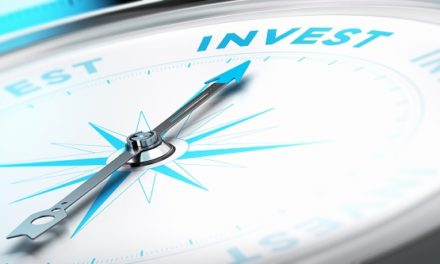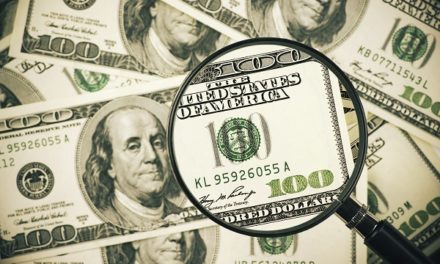
“I buy on the assumption that they could close the market the next day and not reopen it for five years.”
— Warren Buffett
This inspiring quote from Warren Buffett teaches us the importance of considering our investment time horizon when approaching any given investment: Could we envision ourselves holding the stock we are considering for many years? Even a five year holding period potentially?
For “buy-and-hold” investors taking a long-term view, what’s important isn’t the short-term stock market fluctuations that will inevitably occur, but what happens over the long haul. Looking back 5 years to 2014, investors considering an investment into shares of Discover Financial Services (NYSE: DFS) may have been pondering this very question and thinking about their potential investment result over a full five year time horizon. Here’s how that would have worked out.
| Start date: | 09/18/2014 |
|
|||
| End date: | 09/17/2019 | ||||
| Start price/share: | $65.59 | ||||
| End price/share: | $83.90 | ||||
| Starting shares: | 152.46 | ||||
| Ending shares: | 168.73 | ||||
| Dividends reinvested/share: | $6.52 | ||||
| Total return: | 41.56% | ||||
| Average annual return: | 7.20% | ||||
| Starting investment: | $10,000.00 | ||||
| Ending investment: | $14,157.09 | ||||
As we can see, the five year investment result worked out well, with an annualized rate of return of 7.20%. This would have turned a $10K investment made 5 years ago into $14,157.09 today (as of 09/17/2019). On a total return basis, that’s a result of 41.56% (something to think about: how might DFS shares perform over the next 5 years?). [These numbers were computed with the Dividend Channel DRIP Returns Calculator.]
Many investors out there refuse to own any stock that lacks a dividend; in the case of Discover Financial Services, investors have received $6.52/share in dividends these past 5 years examined in the exercise above. This means total return was driven not just by share price, but also by the dividends received (and what the investor did with those dividends). For this exercise, what we’ve done with the dividends is to assume they are reinvestted — i.e. used to purchase additional shares (the calculations use closing price on ex-date).
Based upon the most recent annualized dividend rate of 1.76/share, we calculate that DFS has a current yield of approximately 2.10%. Another interesting datapoint we can examine is ‘yield on cost’ — in other words, we can express the current annualized dividend of 1.76 against the original $65.59/share purchase price. This works out to a yield on cost of 3.20%.
Here’s one more great investment quote before you go:
“All the opportunity in the world means nothing if you don’t actually pull the trigger.” — Sam Zell



